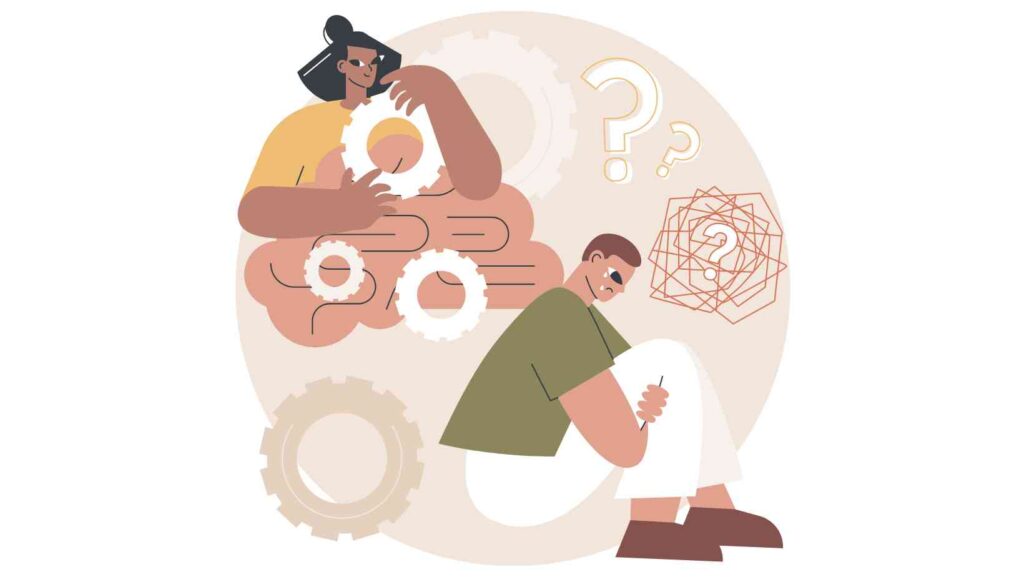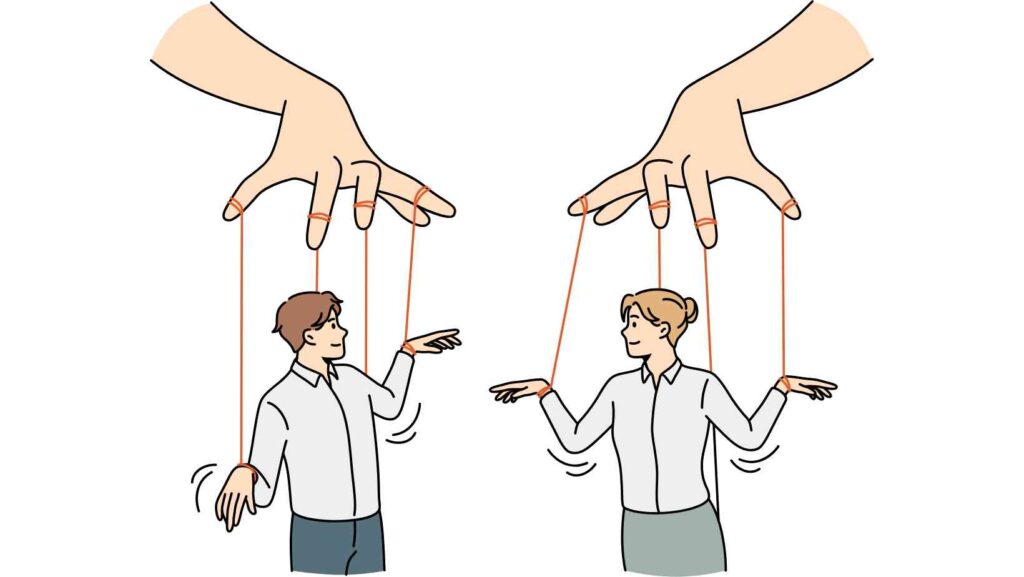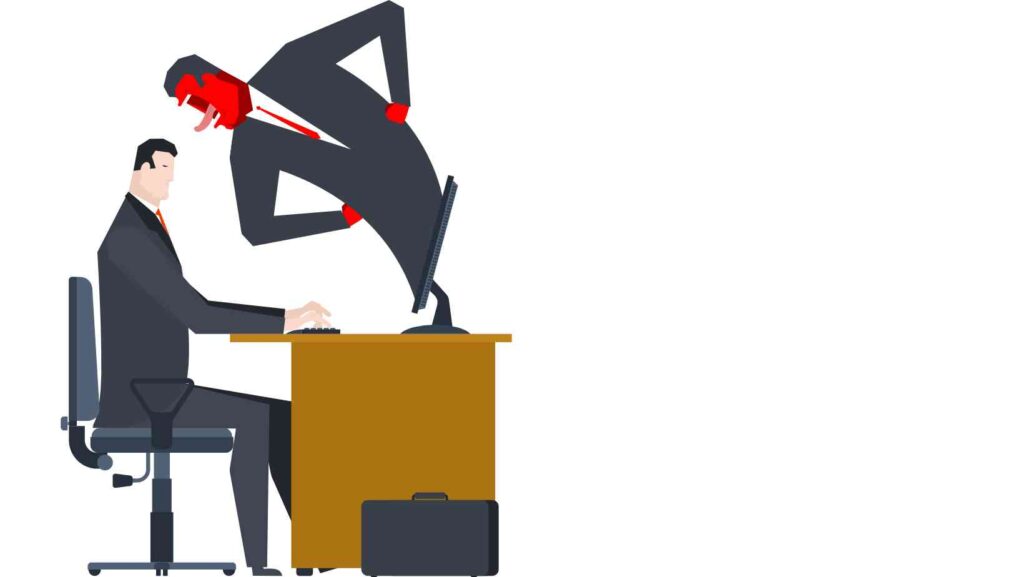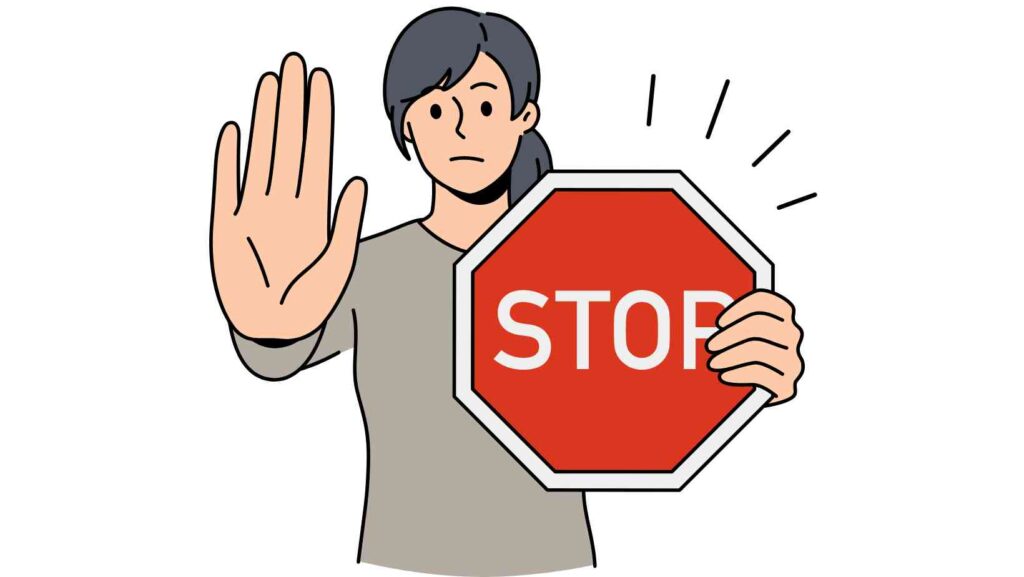Since I started producing TikTok Videos, I have received messages from people seeking advice on how to deal with power-trippers in the workplace. Making an effort to communicate and clarify feelings and expectations is my go-to advice but I also say that if they are unwilling to change, and if you can’t ignore them, leave them. My concern with this advice is that whenever a victim of a power-tripper leaves, the power-tripper loses a chance to grow, hence this blog.

The modern workplace is a dynamic environment that demands adaptability, empathy, and mutual respect. However, not everyone adapts to this environment in the same way. One concerning trend is the presence of ‘power trippers’ in the workplace. Most of these people are bosses, but it is not limited to them. Power trippers can be found at any level within an organization – they could be your peers, team leaders, or even subordinates who exert undue influence over others. Here are five signs that you might be a power tripper and why it’s vital to change this behavior.
1. Aggressive Communication and Shaming
Whether you’re a supervisor or a co-worker, using aggressive communication like yelling, interrupting, or using a condescending tone is a sign of power tripping. Similarly, shaming colleagues for mistakes publicly is a clear indication of this behavior. Such tactics create a hostile work environment and stifle open communication, which is particularly off-putting to collaborative-minded Millennials and Gen Z.
2. Gaslighting and Manipulation
Making others question their judgment or reality is a manipulative tactic seen in power trippers. This behavior undermines confidence and trust within the team. Whether it’s a boss doubting a subordinate’s capabilities without cause or a colleague subtly undermining another’s efforts, gaslighting is a toxic trait in any workplace dynamic.
3. Excessive Control
A classic trait of a power tripper is the need to control situations and people, often without any formal authority. This can manifest in dictating work methods, being inflexible to others’ ideas, or hoarding control over resources or processes. Such behavior not only stifles innovation and creativity but also creates resentment among colleagues.
4. Double Standards
Expecting flexibility, hard work, or commitment from others while not demonstrating the same is a sign of a power tripper. This can include demanding others to meet high standards while shirking one’s responsibilities or expecting special treatment due to seniority or perceived authority.
5. Misusing Seniority or Functional Authority
In some cases, individuals misuse their seniority, experience, or control over certain processes to push their weight around. This is a form of power tripping that goes beyond just hierarchical power; it’s about using any leverage one has to dominate or control others in the workplace.
Understanding Why Some People Act This Way
Recognizing the reasons behind power-tripping behaviors is crucial for addressing and rectifying them. Often, these behaviors stem from a deeper, underlying cause rather than a deliberate choice to be harsh or authoritarian. Here are some key factors contributing to such leadership styles:
Lack of Understanding of the Management and Leadership Role: Some bosses may exhibit power-tripping behaviors due to a fundamental misunderstanding of what it means to be a leader or manager. They might equate leadership with control and authority, rather than guidance, support, and empowerment. This misconception can lead to a leadership style that prioritizes command and control over collaboration and mentorship. Educational gaps in leadership training or a lack of role models in their career development could contribute to this misunderstanding.
Insecurity: In many cases, power-tripping can be a manifestation of one’s insecurities. When a boss feels threatened by their subordinates’ skills or achievements, they might resort to aggressive or controlling behavior to assert their authority. This insecurity can stem from a fear of being overshadowed, replaced, or deemed inadequate. It’s a defensive mechanism to protect their status and position within the organization.
Lack of Empathy: Empathy is a critical trait for effective leadership, yet it is often lacking in power-tripping bosses. A lack of empathy can lead to a disconnect between the leader and their team, making it difficult for the boss to understand and appreciate the perspectives, feelings, and needs of their employees. Without empathy, a boss might disregard the impact of their words and actions on their team’s morale and well-being.
Why You Must Stop
Power tripping, in any form, can have detrimental effects on the workplace culture. It was never an effective or sustainable way to interact with colleagues; it’s a behavior borne out of insecurity, a lack of empathy, and a misunderstanding of what constitutes effective leadership and teamwork.
In today’s workplace, where diversity, collaboration, and mutual respect are highly valued, power-tripping can lead to a toxic environment, high turnover rates, and decreased productivity. It hampers the development of a supportive workplace where ideas can flow freely, and employees can grow both professionally and personally.
Moreover, with the rise of younger generations in the workforce who prioritize respectful, transparent, and empathetic workplace relationships, such behavior is increasingly being called out and is less likely to be tolerated.
In conclusion, recognizing and addressing power-tripping tendencies is crucial for personal growth, professional development, and the creation of a healthy workplace culture. The focus should be on building an environment based on mutual respect, empathy, and collaboration, where every team member, regardless of their position, feels valued and empowered.













